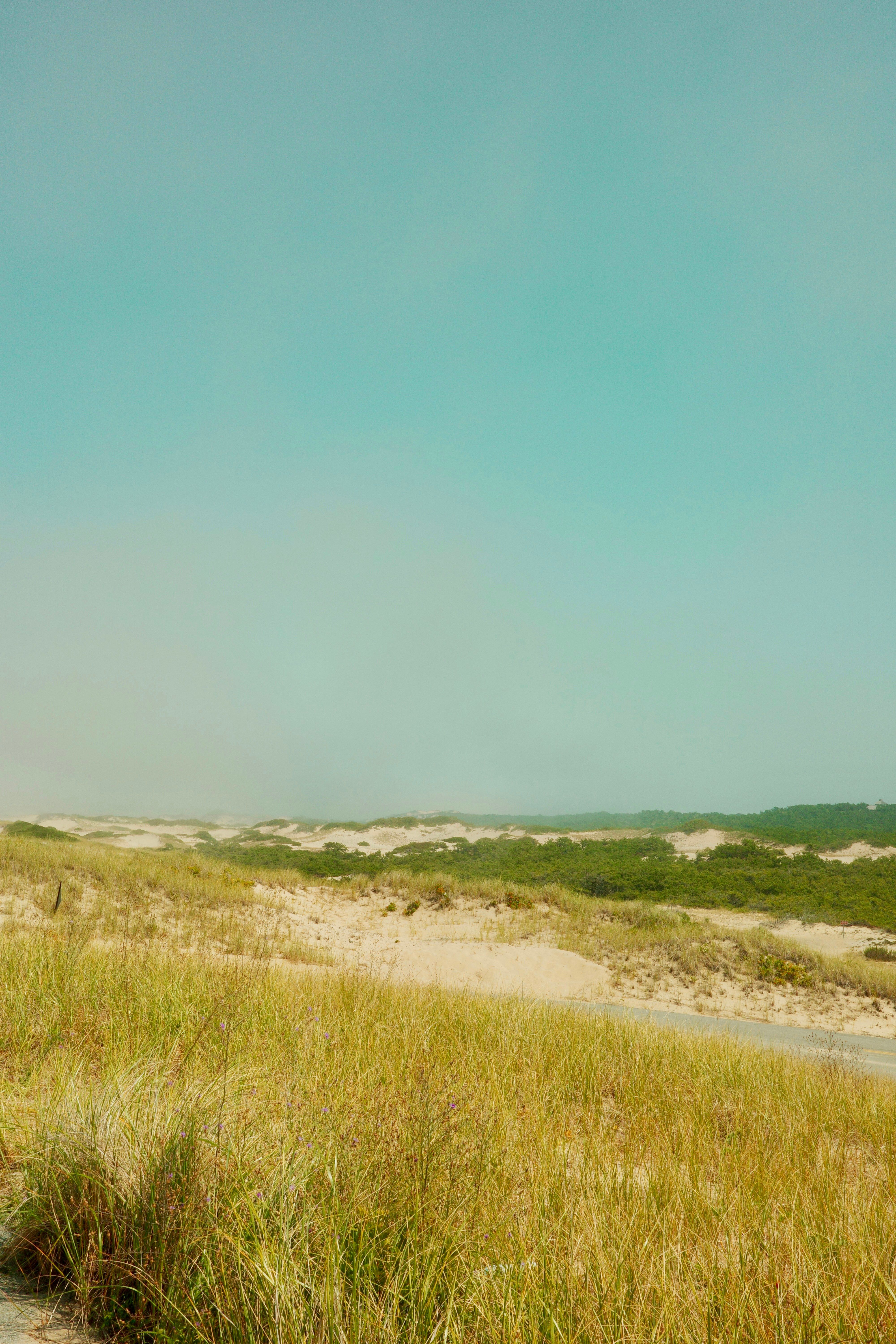Restoring Cod and Herring Stocks in the Baltic Sea - Struggling Recovery in Baltic Cod and Herring Stocks
Cod and Herring Populations in Baltic Sea Remain Depleted
The populations of cod and herring in the Baltic Sea continue to decline, despite years of reduced fishing quotas, according to the Association of German Inshore and Coastal Fishermen in Hamburg. The International Council for the Exploration of the Sea (ICES) released figures this week suggesting a minimal catch for German fishermen in the upcoming year.
Claus Ubl, spokesman for the association, asserts that fishing no longer significantly influences the population development. He suggests there's a deterioration in the Baltic Sea ecosystem affecting some species. Ubl notes that reduced saltwater inflow, high nutrient concentrations, climate change, and predation pressure from cormorants and seals may be contributing factors.
In the western Baltic Sea, the herring population is recovering at a slower pace than expected by scientists, and the ICES recommends a zero-fishing quota for the year ahead. On the other hand, the central Baltic Sea east of Bornholm shows promise, with a suggested increase in catch by 26%.
The lack of recovery in the cod populations remains evident, with ICES advising a zero-fishing quota for both Western and Eastern Baltic Sea populations in the forthcoming year. However, the association identifies a glimmer of hope for the sprat, whose population shows signs of improvement following a strong recruitment last year. With a recommended increase in the fishing quota by 36%, the sprat offers a potential bright spot amid the disappointing outlook for cod and herring.
ICES recommendations form one of the bases for EU fishing quotas. These quotas are established annually by EU countries, based upon a proposal from the EU Commission that takes into account the scientific recommendations of ICES. Climate change, environmental degradation, overfishing, and mismanagement have been cited as key contributors to the decline of these fish stocks in the Baltic Sea.Addressing these issues and promoting sustainable management practices are essential to facilitate recovery in these species.
Vocational training in environmental science, particularly focusing on the marine ecosystem, could be instrumental in devising solutions to mitigate the impact of climate change on the Baltic Sea. The promotion of such vocational training in the industry could foster a more sustainable and resilient fishing community. To facilitate the recovery of the depleted cod and herring populations, it is crucial to implement policies that address the environmental factors affecting the Baltic Sea, such as reduced saltwater inflow, high nutrient concentrations, and predation pressure from cormorants and seals. Finance, therefore, plays a critical role in funding such initiatives and research.




